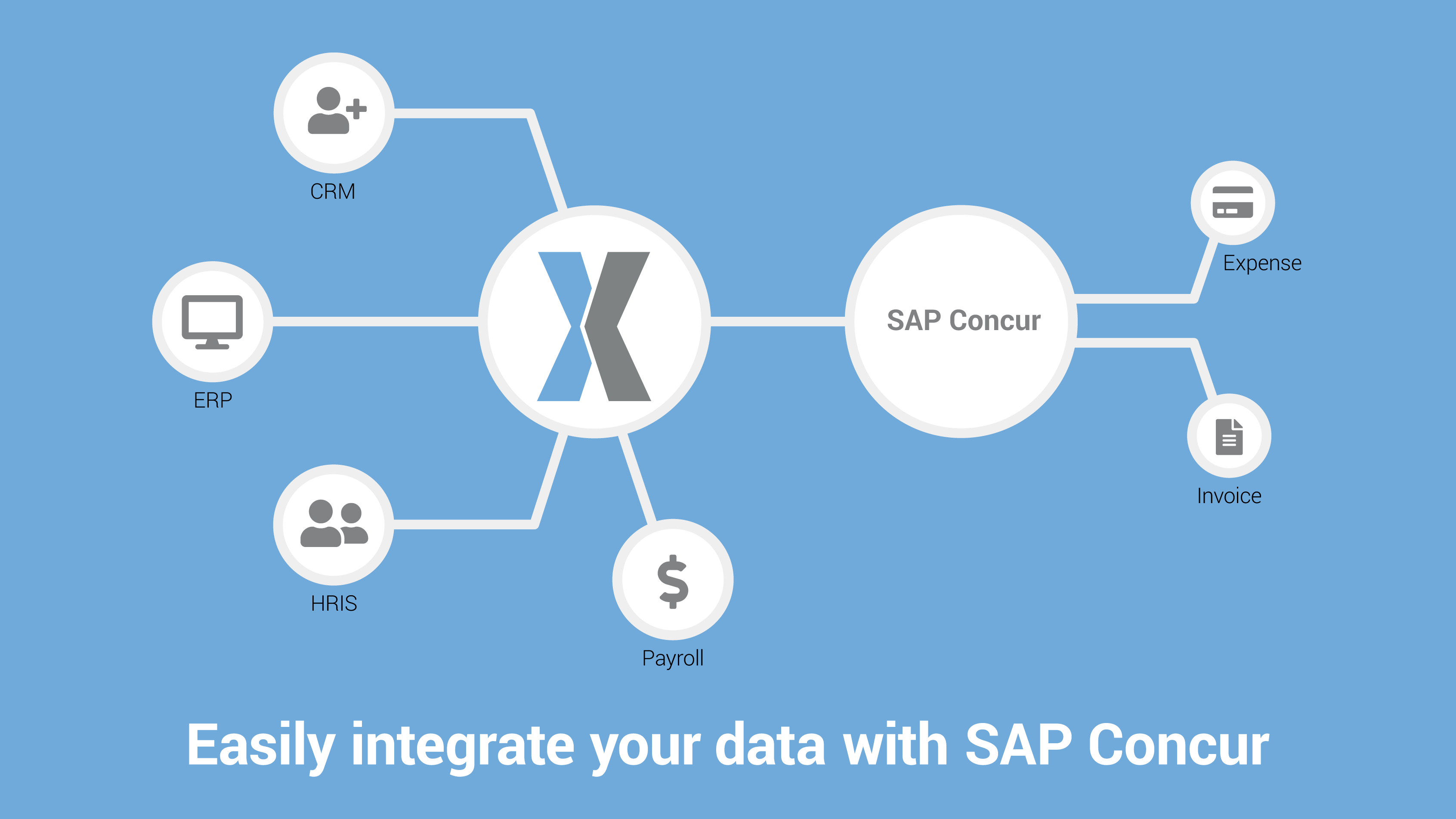As we move further into the 21st century, more and more businesses are making the switch to cloud-based ERP systems. This is in part due to the many advantages that these systems offer, including increased flexibility, scalability and agility. However, as with any major change in business operations, there are some risks that need to be considered. One of the most important things that businesses need to do in order to prepare for the future of cloud ERPs, is to ensure that their data is clean, accurate and up-to-date.
In the past, ERP systems were largely reliant on customer and transactional data that was manually entered into the system. This often led to errors and inaccuracies, which could in turn lead to major problems down the line. With cloud-based ERP systems, data is typically entered into the system automatically, which means that there is less room for error. However, this does not mean that businesses can simply set and forget their ERP systems. In order to ensure that data remains clean and accurate, businesses need to put in place processes and policies that will ensure data quality on an ongoing basis.
Data Governance
One way to do this is to establish a data governance framework. This should include clear roles and responsibilities for those who are responsible for maintaining data quality, as well as clear processes for how data should be managed. Additionally, businesses should consider investing in data cleansing and enrichment tools that can help to keep data clean and accurate.
Maintaining accurate, up-to-date data is essential for ensuring that these systems function properly. Businesses that neglect data governance will likely find that their ERP and cloud computing systems are not as effective as they could be.
The Dominant Players
Oracle, SAP and Microsoft have been the dominant players in the ERP market for many years. However, with the advent of cloud computing, these companies are facing increased competition from smaller, more nimble providers. But does the cloud really offer an equal playing field for all players?
The answer is yes and no. Cloud-based ERP systems do provide a level of parity for smaller providers, who may not have the resources to compete with the bigger players in terms of on-premises installations. But when it comes to data management and core functionality, the big players still have a clear advantage.
This is because no matter how advanced ERPs and cloud computing become, these systems and processes will always rely on complete, accurate, clean and up-to-date customer and transactional data. This is the great equalizer and an area where SAP, Oracle, Microsoft and all others will continue to struggle.
SAP
SAP has been a leading player in the enterprise resource planning (ERP) market for many years. However, with the advent of cloud computing, SAP has had to adapt its business model and offerings to stay competitive.
The cloud has allowed SAP to offer its software as a service (Saas), which is cheaper and more flexible than traditional licensing models. In addition, the cloud allows customers to access their ERP software from anywhere in the world, making it a more global solution.
However, not all of SAP’s products have been successfully transitioned to the cloud. Its flagship product, SAP ERP, has seen strong adoption rates in the cloud, while other products such as CRM, Ariba and SuccessFactors have had more mixed results.
SAP is still working on adapting some of its older products to the cloud, but it is clear that the company is moving in the right direction. With its strong foundation in the enterprise market, SAP is well-positioned to take advantage of the growing demand for cloud-based ERP solutions.
SAP HANA
The cloud has already had a major impact on the way SAP HANA is used. In fact, many organizations are now choosing to run SAP HANA in the cloud, rather than on-premises. This offers a number of advantages, including faster deployment, scalability, and reduced costs.
However, moving to the cloud doesn’t mean that you can forget about your data. The cloud is just a delivery model – it doesn’t change the fact that your data needs to be clean and accurate in order to produce accurate results. In fact, the cloud may even make this more important, as you need to be able to trust your data for critical decisions.
One thing to keep in mind when moving to the cloud is that not all cloud providers are created equal. Make sure you do your research and choose a provider who can offer the level of service and support you need. This is often, still, independent consulting firms that work as support partners for SAP (the cloud solution doesn’t remove the need for this kind of support).
Oracle
Oracle has been on the journey to the cloud for a number of years, and has made significant progress in that time. In 2010, Oracle announced Oracle Fusion Applications, a suite of cloud-based applications that would eventually replace its on-premises software. However, the transition to the cloud has not been without its challenges.
One issue that Oracle has faced is that its products have been developed primarily for on-premises use, and have not been as easily adapted to the cloud. In addition, Oracle has faced competition from other providers of cloud-based applications, such as Salesforce and Workday.
Nevertheless, Oracle has continued to make progress in the cloud when back in July 28, 2016 it announced plans to acquire NetSuite, a provider of cloud-based ERP software. The acquisition of NetSuite is been a key strategic move by Oracle, as it will help to solidify Oracle’s position in the cloud ERP market.
Oracle NoSQL vs HANA
Oracle has developed its own NoSQL database for the cloud, called Oracle NoSQL. This database is designed for big data applications and offers scalability and performance that is superior to traditional relational databases. In contrast, SAP HANA is a proprietary database from SAP that uses in-memory technology to deliver exceptional performance for real-time analytics and transactions.
When it comes to cloud ERP, Oracle NoSQL offers several advantages over SAP HANA. First, Oracle NoSQL is less expensive than SAP HANA. It also offers greater scalability, allowing you to add more nodes to your cluster as your needs grow. Additionally, Oracle NoSQL delivers better performance than SAP HANA for big data applications.
However, SAP HANA does have some advantages over Oracle NoSQL. First, SAP HANA is more familiar to business users, as it is based on the well-known relational database model albeit columnar. Additionally, SAP HANA offers built-in features for real-time analytics and transactions, which are not available in Oracle NoSQL.
In the end, choosing between Oracle NoSQL and SAP HANA will come down to your specific needs and preferences. If you are looking for a low-cost solution that delivers great performance
Microsoft ERP
Not to be left out, Microsoft has also jumped into the cloud ERP game with their Dynamics 365 Business Central product. This is a direct competitor to SAP’s S/4HANA and Oracle’s Cloud ERP offerings, and it too offers many of the same features and benefits that those other platforms do.
Microsoft’s ERP offerings come in five flavors:
- Microsoft Dynamics AX – Large enterprise ERP
- Microsoft Dynamics GP – For small to midsize businesses
- Microsoft Dynamics NAV – Suitable for small to midsized companies
- Microsoft Dynamics SL – Project-based ERP
- Dynamics 365 Business Central – A cloud-based, all-in-one business management solution
Note: of these five products, only Microsoft Dynamics 365 Business Central is a true cloud ERP solution. The other four products can be deployed in the cloud, but they are not true cloud solutions.
But Microsoft has an advantage over its competitors in terms of price. While SAP and Oracle charge per-user licenses that can quickly become quite expensive, Microsoft charges a flat monthly fee that includes unlimited users. That makes Dynamics 365 Business Central much more affordable for small businesses, which is likely to be a big selling point going forward.
The bottom line is that the future of cloud ERP is bright. More and more businesses are moving to the cloud every day, and the platform providers are constantly innovating and adding new features. The great equalizer, if there is one, is complete, accurate, clean, and up-to-date customer and transactional data. No matter how advanced ERPs and cloud computing become, they will always rely on this principle.
As a business, it is imperative that you have systems and processes in place to ensure that your data is of the highest quality. This is the only way to ensure that your cloud ERP system will be able to meet your needs today and into the future.





